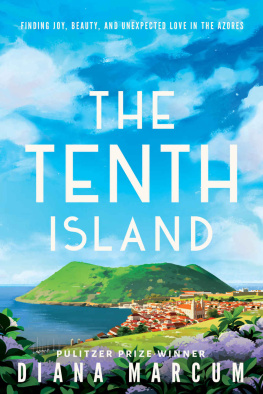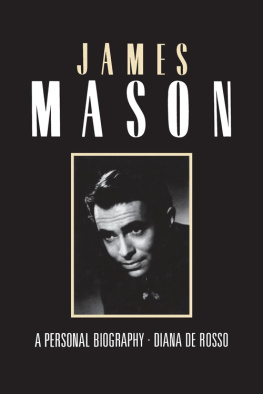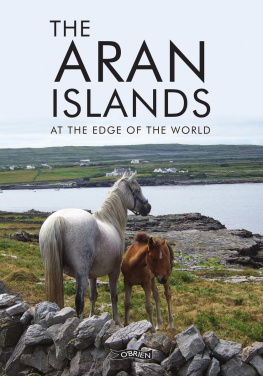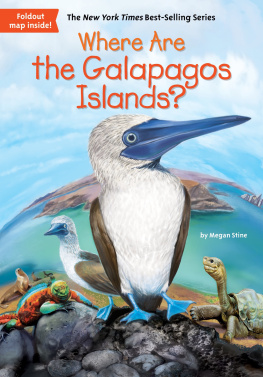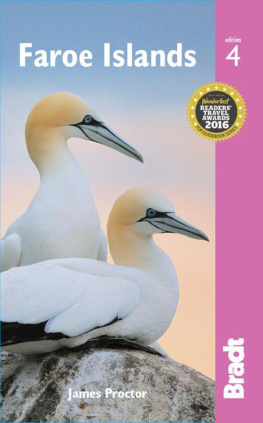Diana Marcum - The Tenth Island
Here you can read online Diana Marcum - The Tenth Island full text of the book (entire story) in english for free. Download pdf and epub, get meaning, cover and reviews about this ebook. year: 2018, publisher: Little A, genre: Detective and thriller. Description of the work, (preface) as well as reviews are available. Best literature library LitArk.com created for fans of good reading and offers a wide selection of genres:
Romance novel
Science fiction
Adventure
Detective
Science
History
Home and family
Prose
Art
Politics
Computer
Non-fiction
Religion
Business
Children
Humor
Choose a favorite category and find really read worthwhile books. Enjoy immersion in the world of imagination, feel the emotions of the characters or learn something new for yourself, make an fascinating discovery.
- Book:The Tenth Island
- Author:
- Publisher:Little A
- Genre:
- Year:2018
- Rating:5 / 5
- Favourites:Add to favourites
- Your mark:
The Tenth Island: summary, description and annotation
We offer to read an annotation, description, summary or preface (depends on what the author of the book "The Tenth Island" wrote himself). If you haven't found the necessary information about the book — write in the comments, we will try to find it.
From a Pulitzer Prizewinning writer comes an exuberant memoir of personal loss and longing, and finding connection on the remote Azorean Islands of the Atlantic Ocean.
Reporter Diana Marcum is in crisis. A long-buried personal sadness is enfolding herand her career is stalledwhen she stumbles upon an unusual group of immigrants living in rural California. She follows them on their annual return to the remote Azorean Islands in the Atlantic Ocean, where bulls run down village streets, volcanoes are active, and the people celebrate festas to ease their saudade, a longing so deep that the Portuguese word for it cant be fully translated.
Years later, California is in a terrible drought, the wildfires seem to never end, and Diana finds herself still dreaming of those islands and the chuvaa rain so soft you dont notice when it begins or ends.
With her troublesome Labrador retriever, Murphy, in tow, Diana returns to the islands of her dreams only to discover that there are still things she longs forand one of them may be a most unexpected love.
An Amazon Charts Most Read book.Editorial Review
Reviews
In her engaging travel memoir [Marcum] captures the spirit of saudade with an eye for detail and a playful earnestnessIn the remote islands of the Azores, Marcum seems to have found her spot. The New York Times Book Review
If you need a summer vacation but cant get out of town, take a trip to the Azores with Diana Marcum. Her travel memoir about her special connection to the islands will make you want to drop everything and hop on the next flight to paradise. HelloGiggles
Lazy mornings, family intrigue, cantankerous bulls, hope. Diana Marcum found it all on a potato-shaped island in the middle of the Atlantic. And thank goodness she did, for the resulting tale is as inspirational as it is entertaining. Marcum is the perfect travel companion: smart, open-minded, and just the right amount of funny. Shes also endearing, in a Bad News Bears sort of way, and by the end of The Tenth Island I found myself not only liking her but rooting for her too. Eric Weiner, author of The Geography of Bliss
About the AuthorDiana Marcum is a narrative writer for the Los Angeles Times. In 2015, she won the Pulitzer Prize for feature writing for her newspaper portraits of farmers, field-workers, and others in the drought-stricken towns of Californias Central Valley.
Diana Marcum: author's other books
Who wrote The Tenth Island? Find out the surname, the name of the author of the book and a list of all author's works by series.

